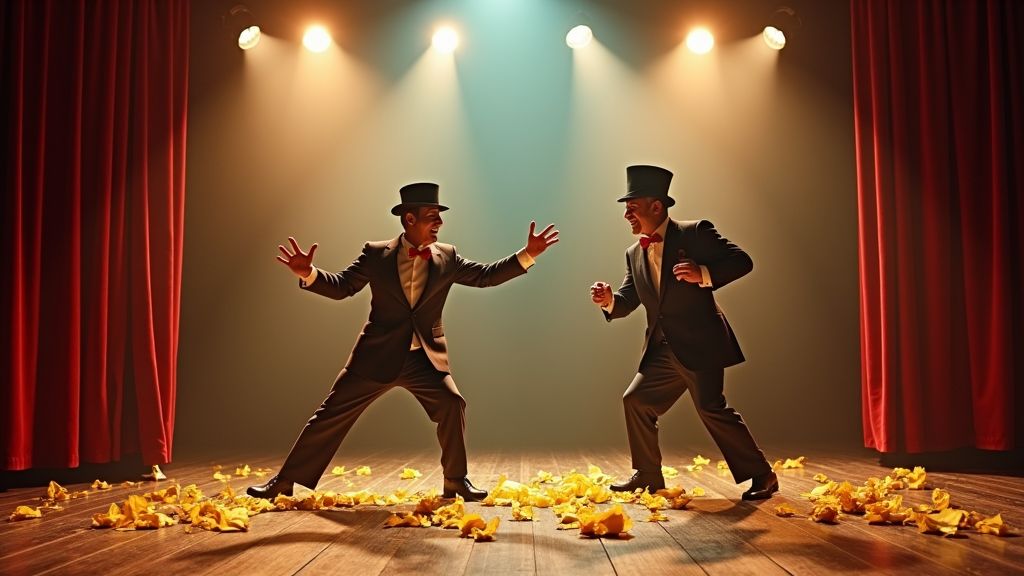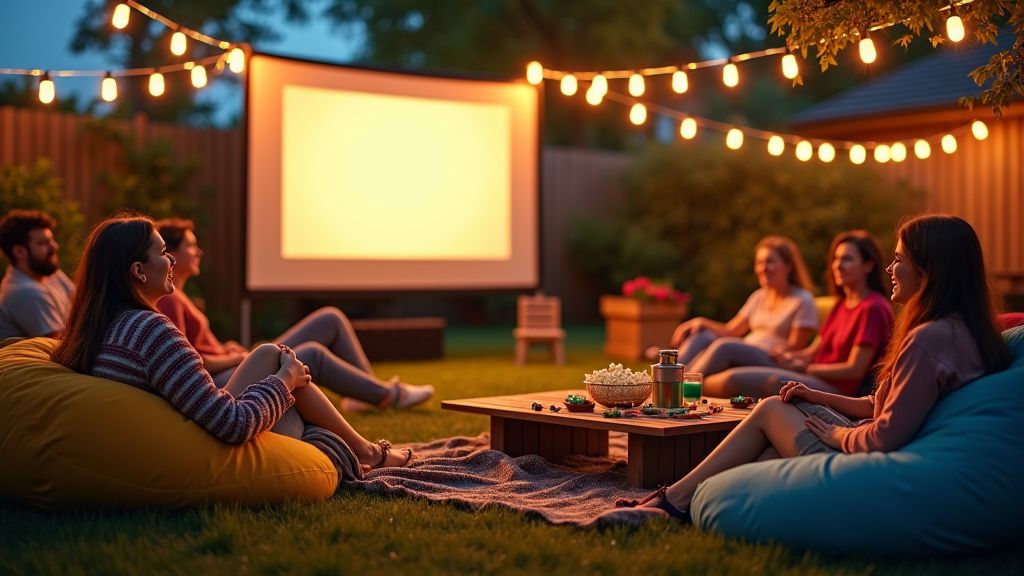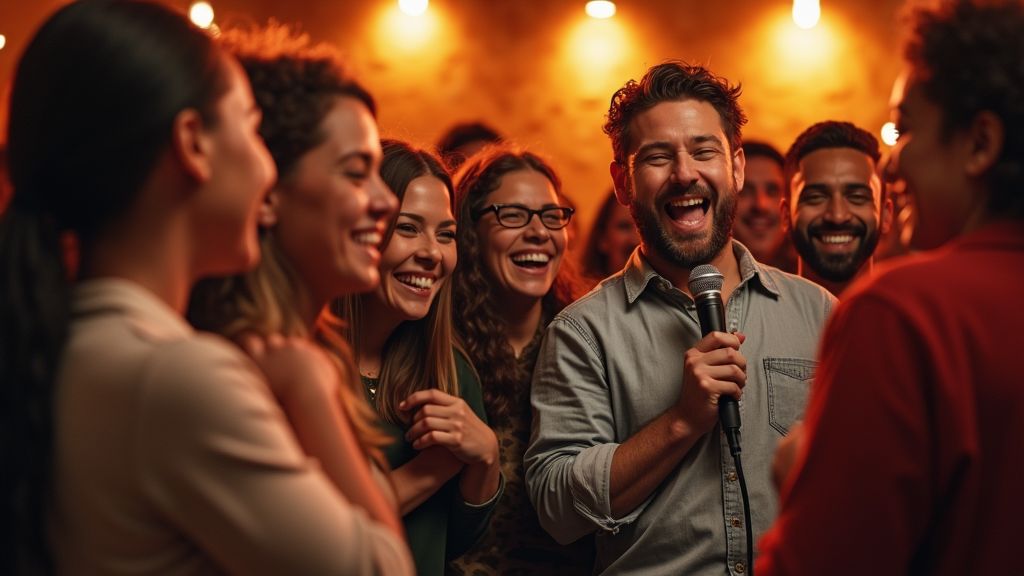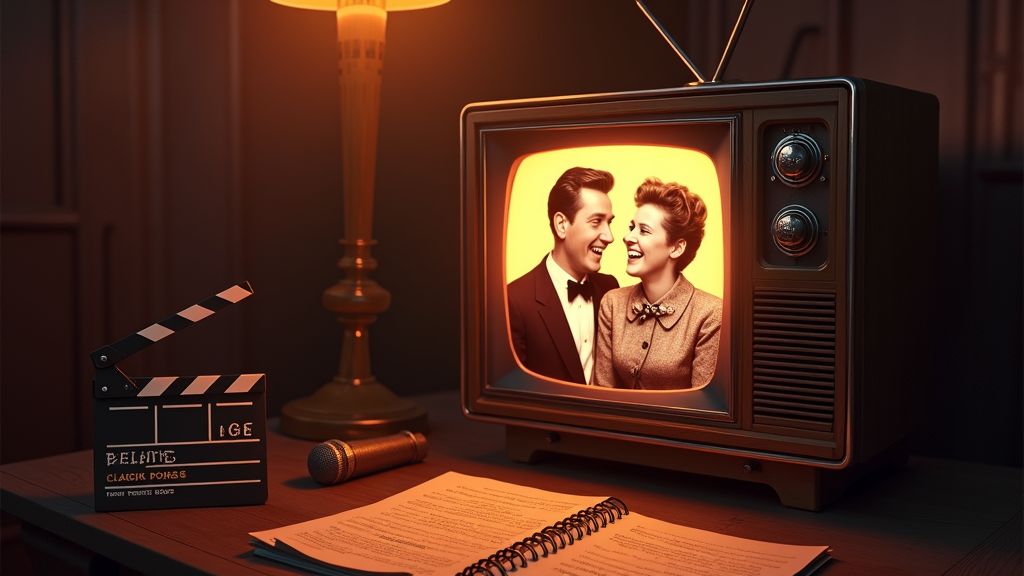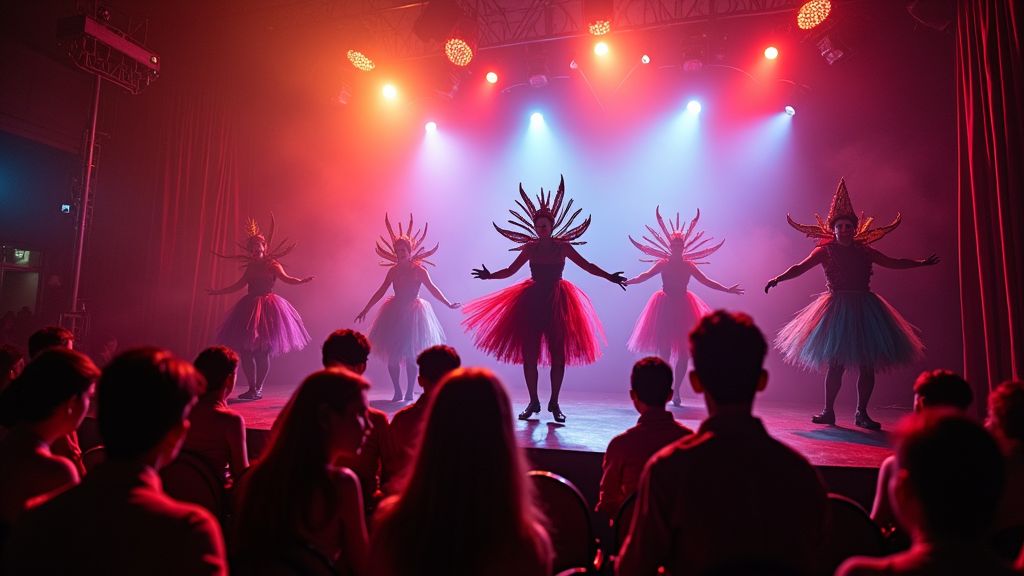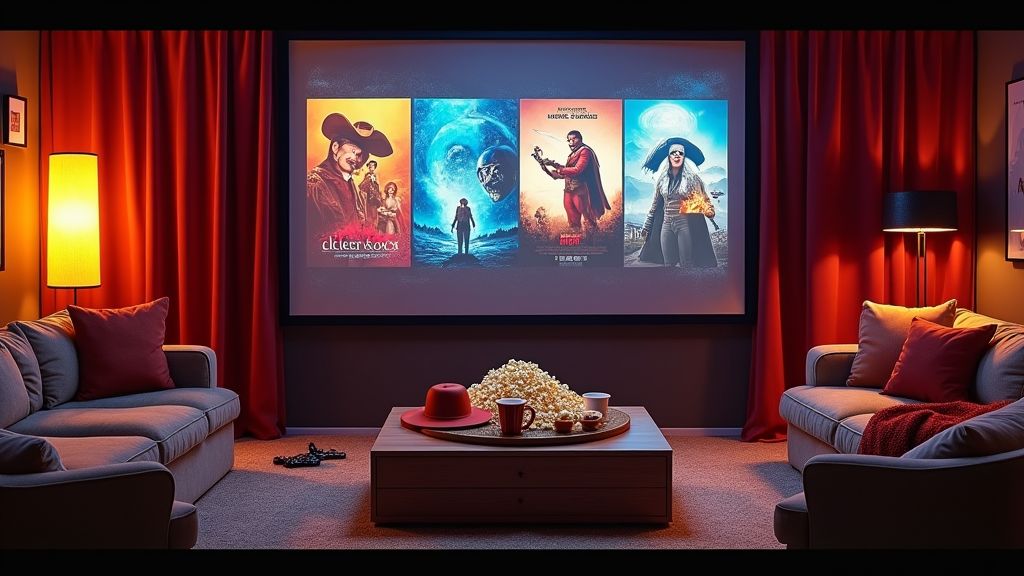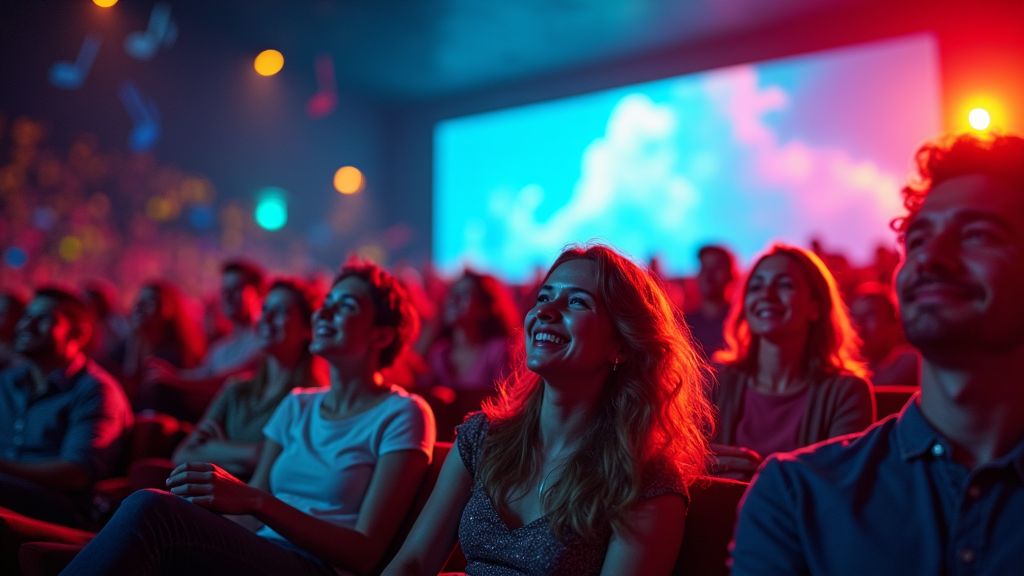The Influence of Slapstick Comedy on Modern Entertainment
When you think of classic comedies, what comes to mind? Perhaps the image of actors slipping on banana peels or getting hit in the face with a pie. These iconic moments are staples of slapstick comedy, a genre that has had a profound impact on modern entertainment. From the early days of silent films to the present-day era of blockbuster movies and viral videos, slapstick comedy continues to influence the way we laugh and enjoy entertainment.
The Origins of Slapstick Comedy
Slapstick comedy has its roots in the physical humor of ancient Greek and Roman theater, where actors used exaggerated movements and gestures to generate laughter from audiences. However, it wasn’t until the early 20th century that slapstick truly came into its own, thanks to pioneers like Charlie Chaplin, Buster Keaton, and the Marx Brothers. These comedic geniuses revolutionized comedy with their innovative use of physical gags and sight gags, setting the stage for decades of laughter to come.
The Golden Age of Slapstick Comedy
The 1920s and 1930s are often referred to as the Golden Age of Slapstick Comedy, with films like ‘The General’ and ‘Duck Soup’ becoming instant classics. These movies showcased the talents of silent film stars like Charlie Chaplin and Buster Keaton, whose physical comedy routines inspired generations of comedians to come. The rise of talkies in the late 1920s brought new opportunities for comedians to hone their craft, leading to the creation of iconic characters like the Three Stooges and Laurel and Hardy.
The Evolution of Slapstick Comedy
As technology advanced and audiences’ tastes changed, slapstick comedy evolved to keep pace with the times. The 1960s and 1970s saw the rise of TV comedians like Lucille Ball and Carol Burnett, who brought slapstick humor into millions of living rooms across America. In the 1980s and 1990s, filmmakers like John Hughes and Mel Brooks introduced a new generation to slapstick with films like ‘Ferris Bueller’s Day Off’ and ‘Spaceballs’. Today, slapstick comedy lives on in the work of modern-day comedians like Will Ferrell and Melissa McCarthy, who continue to push the boundaries of physical humor in film and television.

